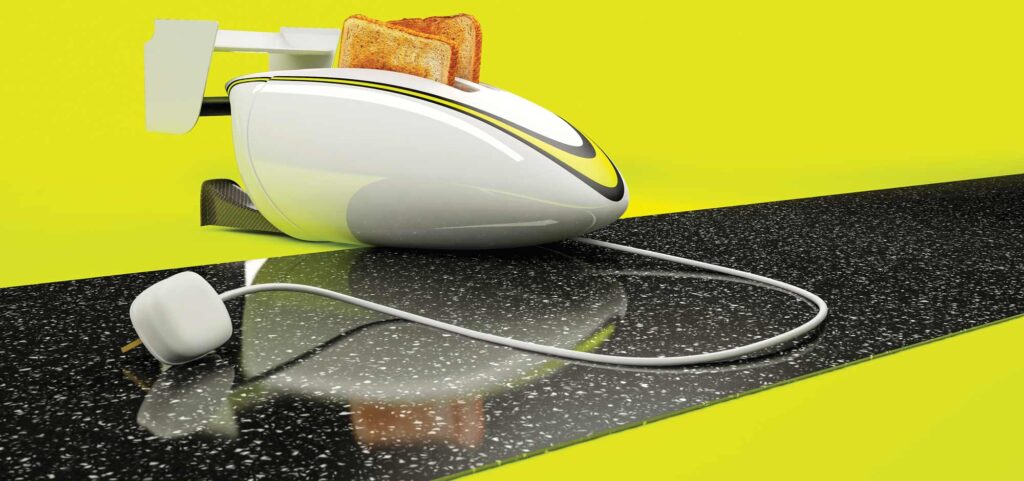Smart home technology has transformed how we live by providing convenience, security, and efficiency. The future of smart home technology includes advances in artificial intelligence, the Internet of Things, and automation, promising even more innovation. Currently, smart homes encompass interconnected devices like thermostats, lighting, security cameras, and door locks controlled remotely through hubs or apps. Emerging trends include voice assistants and biometric security features for a seamless user experience. Future developments will feature personalized experiences and greater automation. Challenges such as privacy concerns and the need for standardization must be addressed, but opportunities for growth and innovation abound as the market expands. Overall, smart home technology shows great promise for improving our lives.
The Future of Smart Home Technology: A Comprehensive Analysis
Introduction
Smart home technology has revolutionized the way we live, providing us with convenience, security, and efficiency like never before. With advancements in artificial intelligence, the Internet of Things (IoT), and automation, the future of smart home technology is poised to bring even more innovation and improvements to our daily lives.
Current Landscape
Currently, smart home technology encompasses a wide range of devices and systems that are interconnected and can be controlled remotely. From smart thermostats and lighting to security cameras and door locks, the possibilities are endless. These devices can be controlled through a central hub or smartphone app, allowing for seamless integration and automation.
Emerging Trends
One of the emerging trends in smart home technology is the integration of voice assistants such as Amazon’s Alexa and Google Assistant. These assistants can control various devices in the home through voice commands, making it even easier for users to interact with their smart home systems. Another trend is the incorporation of biometric security features, such as facial recognition and fingerprint scanning, to enhance the security of smart homes.
Future Developments
Looking ahead, the future of smart home technology is bright. Advancements in artificial intelligence will enable smart devices to learn user preferences and anticipate their needs, providing a more personalized and intuitive experience. The proliferation of IoT devices will also lead to greater connectivity and automation, allowing for a truly “smart” home that can adapt to the needs of its occupants.
Challenges and Opportunities
While the future of smart home technology is promising, there are also challenges that must be addressed. Privacy and security concerns, interoperability issues, and the need for standardization are all hurdles that must be overcome to ensure the widespread adoption and success of smart home technology. However, there are also opportunities for innovation and growth, as the market for smart home devices continues to expand and evolve.
Conclusion
In conclusion, the future of smart home technology holds great promise for improving our lives and enhancing our living spaces. With advancements in AI, IoT, and connectivity, smart homes will become even more intuitive, efficient, and secure. By addressing challenges and seizing opportunities, the possibilities for smart home technology are limitless.
